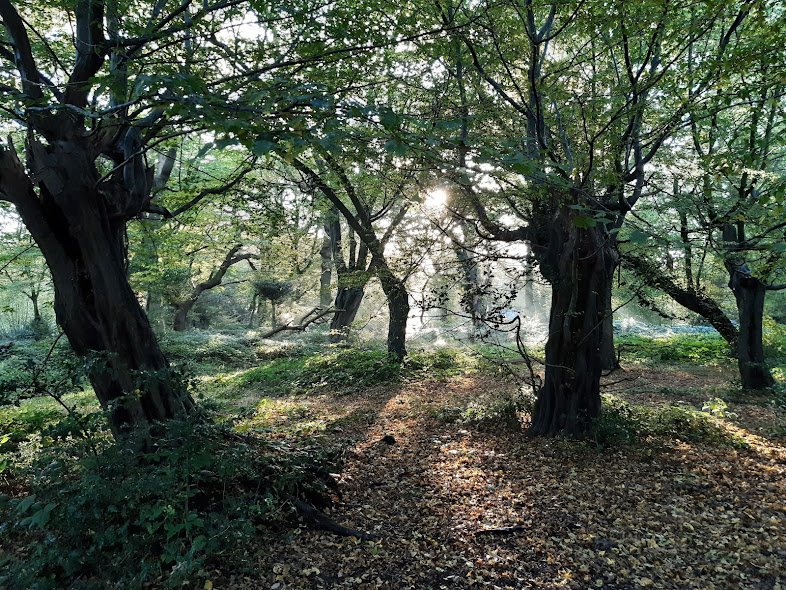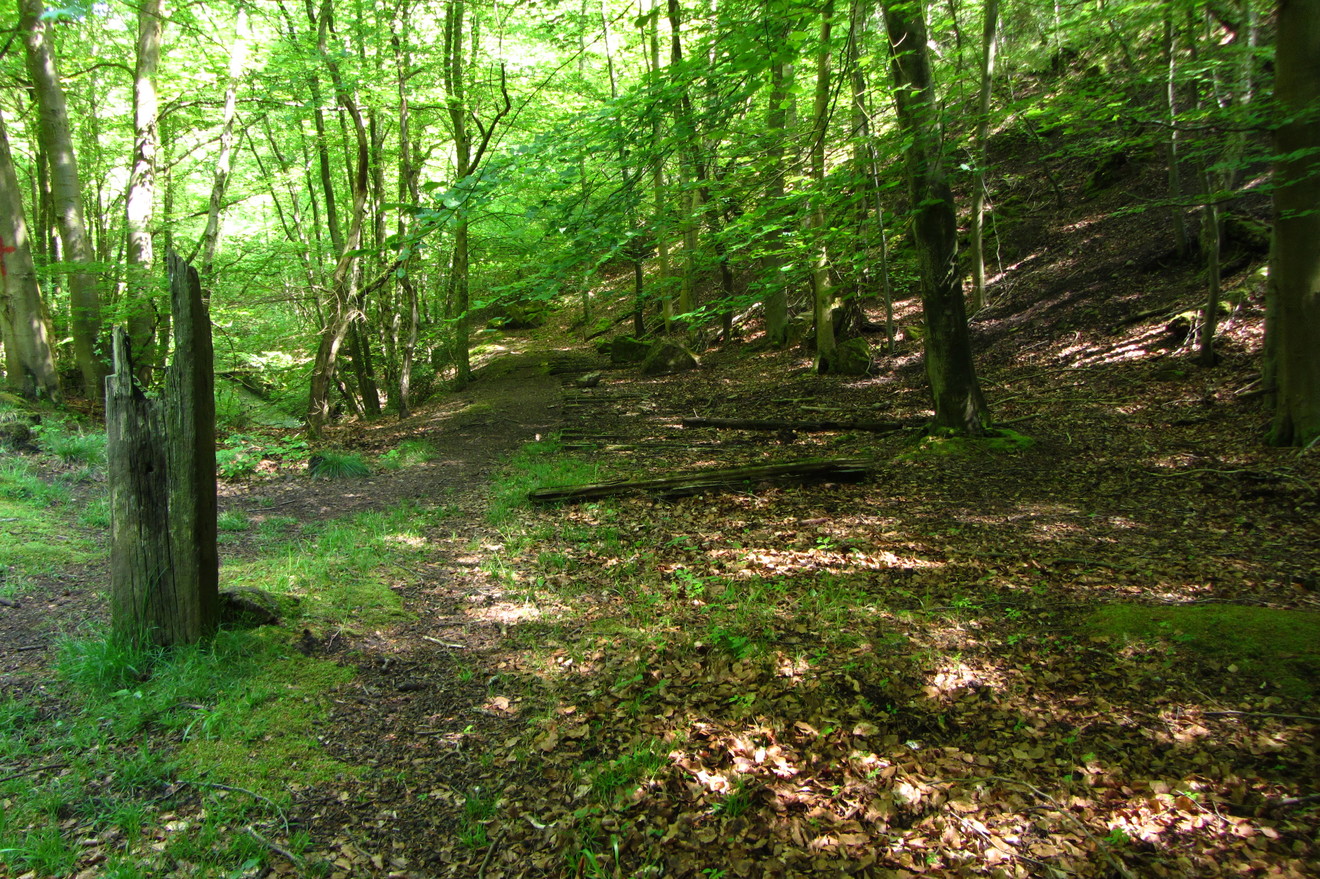Leaving Epping
/By Michael Shann:
Entering the forest with your back
to Bell Common, skip out of your other self.
You are not who you were on the High Road.
In two hundred yards, ignore the waymarker.
Despite what they say, you can take this path,
that path, it doesn’t really matter.
The forest is a slender creature -
you’ve stepped onto its tail and will follow
the supple curve of its spine till you find
its head fourteen miles away in Wanstead.
You’ll cross fifteen roads and one meridian.
You might get lost. Enjoy getting lost.
It isn’t easy to get lost these days.
Keep the map in your bag and just keep going,
heading south with half an eye on the sun.
If you see houses beyond the trees,
turn back and keep the trees about you.
When no one is looking, put your ear
to the rippled bark of a hornbeam.
This is what the past sounds like. And when
you can, dip your fingers in a stream.
Any stream. This is what the future feels like.
And listen: the green factories are working
overtime. The pulse of the forest rhymes
with your own pulse. The forest contains you.
You enter it as you enter a poem or prayer.
Read it like a poem, walk it like a prayer.
***
Michael Shann is a poet and printmaker based in Walthamstow, East London, and is a member of the Forest Poets stanza. He has had three poetry pamphlets published by the Paekakariki Press (Euphrasy, Walthamstow and To London) and has recently completed a collection of poems about Epping Forest. Michael works for the charity Carers UK.
















